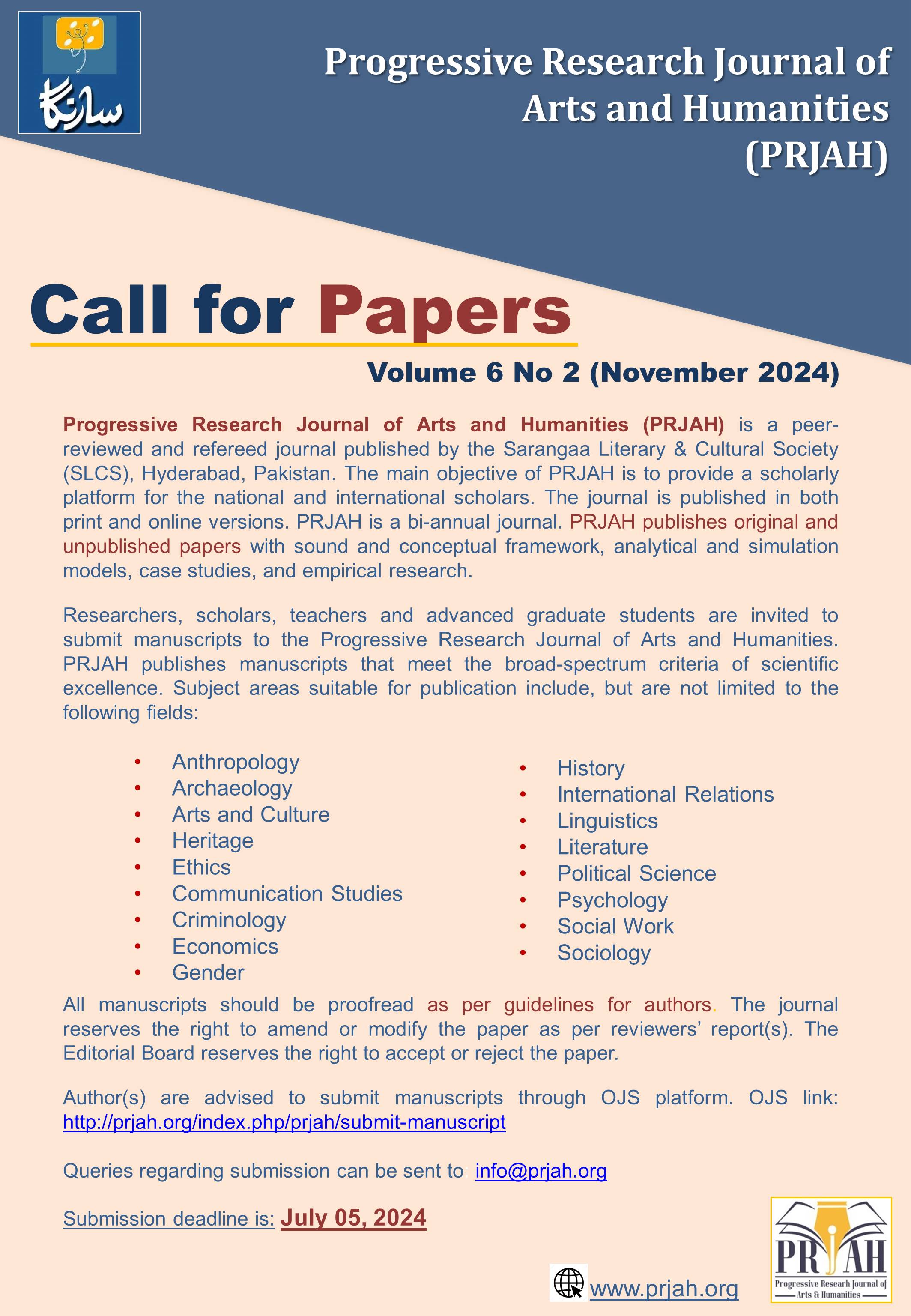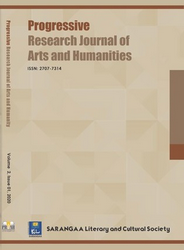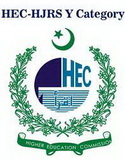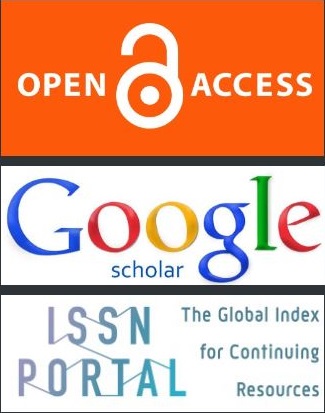From Antagonism to Acknowledgment: Development of Gender and Women’s Studies as Academic Discipline in Pakistan
DOI:
https://doi.org/10.51872/prjah.vol3.Iss1.108Keywords:
Gender Studies; Academic Discipline; Development; PakistanAbstract
This paper aimed to analyze historically the development of Gender and Women’s Studies as a separate academic discipline in Pakistan. We employed to the secondary data resources that included archives, official gazettes of the Government of Pakistan, notifications and, organizational records for data collection. The historical analysis with the feminist research method focused on the evolution of the discipline. The research revealed that gender and women’s studies on an academic discipline have been established in different public sector universities after international pressure and the struggle of Pakistani women’s movement. Further, the research documented the discipline’s voyage from resentment to an acknowledgement of gender studies as academic field. Thus, it can be concluded that there is a potential for transformation in the everyday lives of the students and teachers, nevertheless braced with limitations, challenges, and prospects for the growth of this as a discipline. Although discipline does reflect a commitment to the contribution towards the society concerning to the subject matter, these are; however, not rooted in feminist ideology. There are bigger questions rather than concluding thoughts that require additional research related to discipline, its scope, and local knowledge production and so forth. Besides, it requires sincere efforts from a policy planning perspective to generate research and theory on gender issues in a local context.







